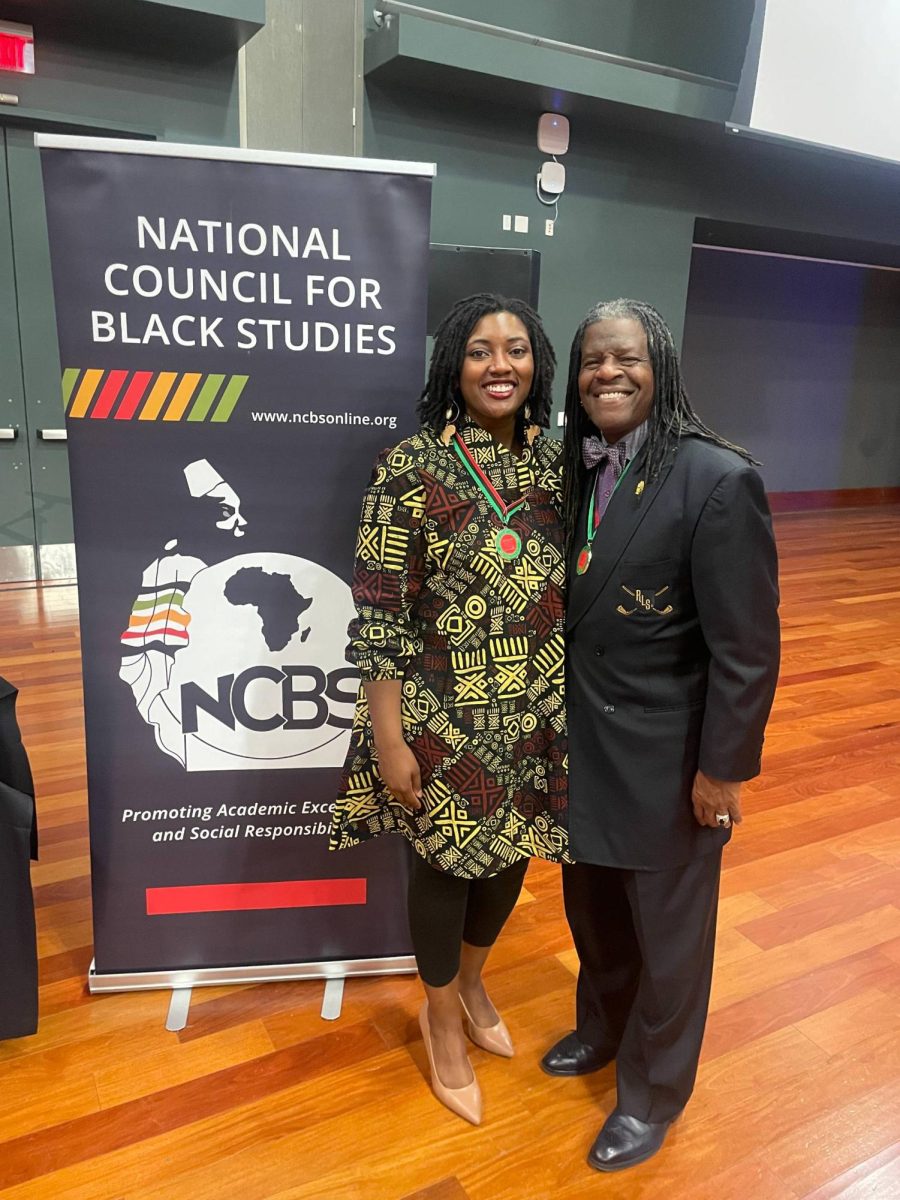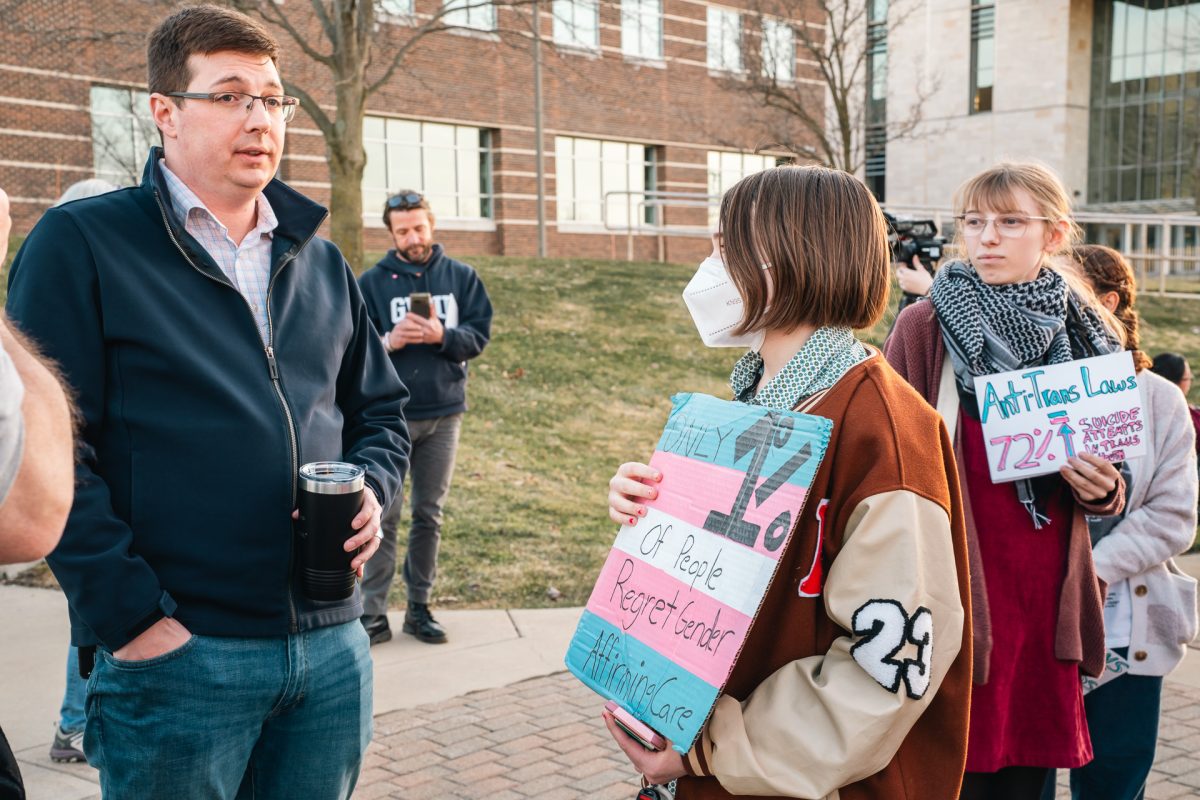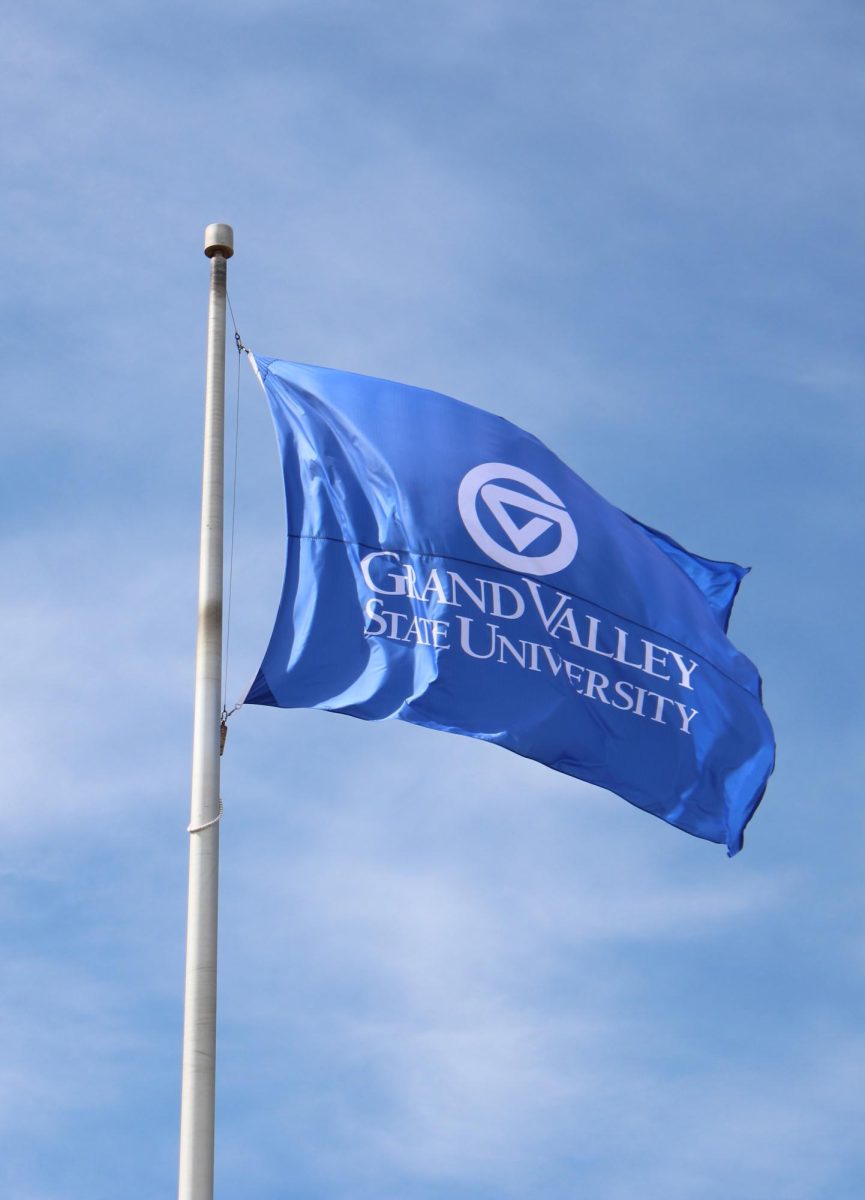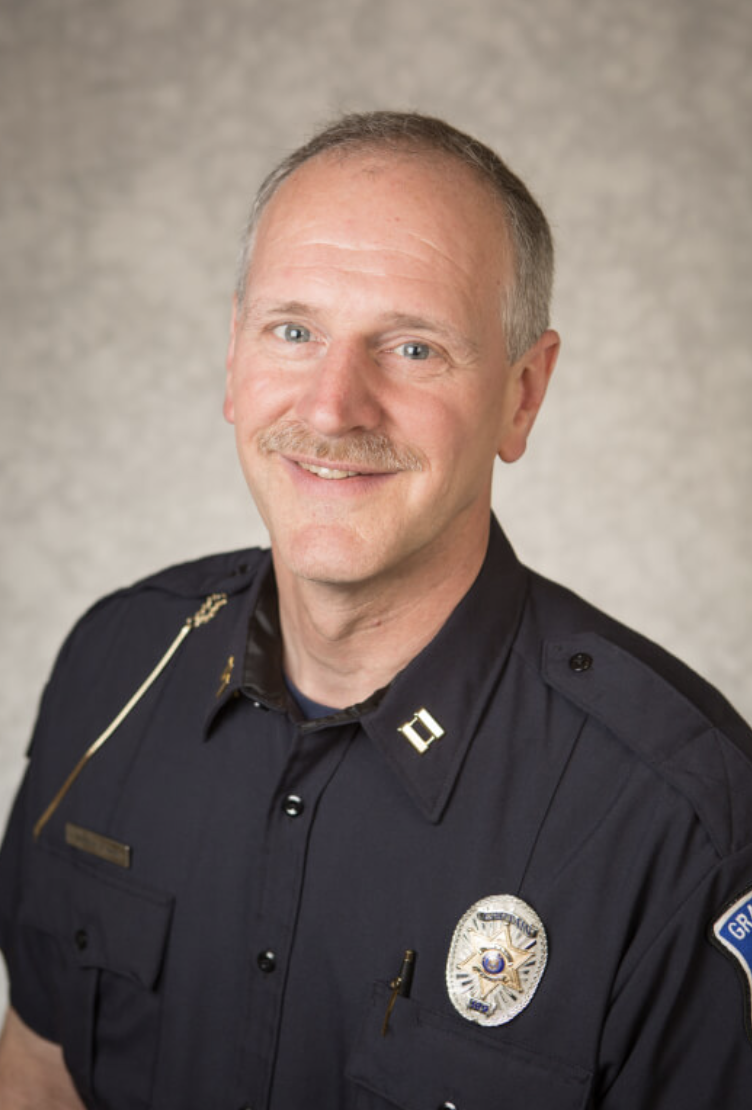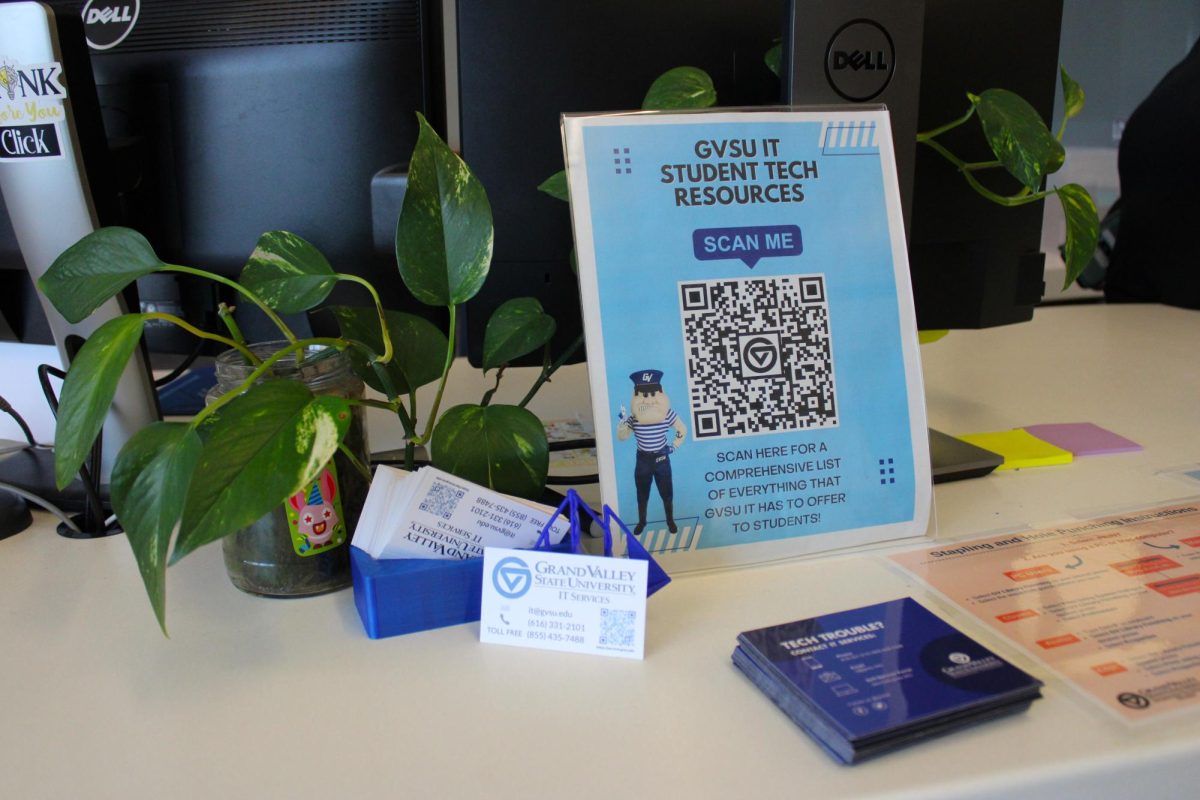Grand Valley State University’s Africana Studies program, previously the African/African American Studies program, is launching a new course for the Winter 2025 semester that will explore “Afrofuturism” through science fiction. The course, Afrofuturism and Society (AAA-380), will explore concepts of identity through science fiction, and will fulfill the U.S. Diversity requirement for students.
According to the promotional flyer for Afrofuturism and Society, the class will “celebrate Black science, fight scientific racism and imagine African American futures.”
Professor Steven Nathaniel from the Brooks College of Interdisciplinary Studies designed the course based on years of research on Afrofuturism. The class will focus on the intersection between African American history, art, technology and literature, with an emphasis on science fiction.
According to Nathaniel, science fiction can be a way to reflect on and process the history of African American life. Nathaniel also said the course will use the lens of science fiction to imagine equitable futures.
“Science fiction is a way of telling history, but it’s also about envisioning the future,” Nathaniel said. “(Afrofuturism is) where African American culture has come from, and it’s (Afrofuturism) where it’s going as well. Both Looking backward and looking forward are happening almost all (of) the time.”
Afrofuturism and Society will use an interdisciplinary approach to education, combining several different disciplines to teach the subject. The coursework will involve analyzing the graphic novel version of “The Parable of the Sower,” which was originally written by renowned Afrofuturist writer Octavia Butler.
The coursework will also include listening to music and watching films. A modern example of Afrofuturism can be seen in the Marvel comics series and feature film “Black Panther,” which depicts a futuristic African country with the most developed technology in the world. Nathaniel intends to screen “Wakanda Forever,” the sequel to the “Black Panther,” during class. Nathaniel is also considering screening Jordan Peele’s sci-fi horror film “Nope.”
“One of the most prominent or common accusations against fantasy or literature is that it’s used for escaping,” Nathaniel said. “I’ve always been on the side that shaping imagination is what prepares people for facing reality.”
According to Nathaniel, the course will address historical trauma and examine the relationship between African American life and science. Racism and oppression have kept the truths of African history and science from history books, and other discoveries or accounts have been ignored altogether as a result of systemic racism. In this context, Nathaniel said Afrofuturism can be healing because Black innovators are able to utilize it to understand the truths of history while inventing new futures.
Cultural critic Mark Dery is credited with coining the term “Afrofuturism” in 1993. Since the beginning of modern science fiction in the early nineteenth century, Afrofuturism has been prominent in African American art, music and literature. Many universities, including the University of Chicago and the College of Creative Studies in California, have implemented courses on Afrofuturism.
Mary Williford, the lead administration assistant of the School of Interdisciplinary Studies, said Afrofuturism is prominent from its filling a gap in science fiction.
“As a GVSU staff member who works closely with the Africana Studies program, I think Afrofuturism and Society is a unique opportunity for our students to learn more about the endless possibilities of media, fiction and fantasy,” Williford said. “The fact that Afrofuturism exists tells us that the broader genres of sci-fi and fantasy were not quite sufficient for creators to express their vision of the future.”
The Afrofuturism and Society course will be taught from 1:00-2:15 p.m. on Tuesdays and Thursdays throughout the 2025 Winter semester.





